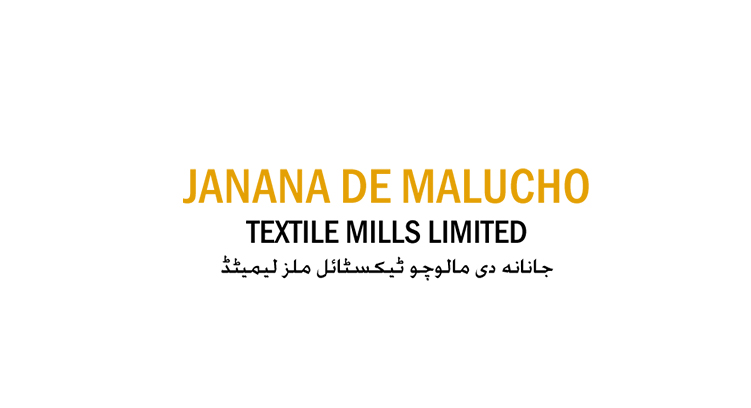Pakistan’s financial system is under spotlight for its vulnerability towards terror financing, the repercussions of which were felt via the Financial Action Task Force (FATF)’s decision to include Pakistan among the grey-list of countries with strategic counter finance terrorism and anti-money laundering deficiencies.
Following its inclusion in the list, FATF mandated Pakistan to either comply with the 40 FATF recommendations that serve as a standard for combating money laundering and terror financing, or risk becoming a part of its ‘black-list’.
Towards that end, during the last seven days, Securities and Exchange Commission of Pakistan (SECP) has issued a range of directives to companies, brokerage houses and non-profit organisations (NPOs) that comply with FATF requirements, which are to be reviewed during the next plenary meeting in October.
An APG meeting is also due during the mid of this month, which will also evaluate the progress made on Pakistan’s action plan to curb the susceptibility of its financial system to be abused for terror financing. Non-compliance with these standards will have grave consequences for the country since it could make Pakistan a pariah in the global financial system.
On August 31, the SECP issued a circular – titled ‘Circular 16’ –requiring all the companies to maintain up-to-date information on their beneficial owners. The circular mandated all companies operating in the country to obtain ultimate ownership information from their members – irrespective of the number of levels of ownership pattern — until the natural person or beneficiary, exercising ultimate ownership or control, and lying at the end of the ownership chain is revealed.
Following that, the Pakistan Stock Exchange (PSX), in tandem with the SECP, also asked brokers for data on all ‘politically exposed persons’ (PEPs). The notice issued on the exchange website defined PEPs as “individuals in prominent positions such as senior politicians, senior government, judicial or military officials; senior executives of state corporations and their family members and close associates”. PSX asked the data to be submitted in soft-copy as well as hard-copy which was asked to be signed by the firm’s the Chief Compliance Officer and Chief Executive Officer.
Global outcry over Pakistan’s weaknesses to vigilantly oversee its economic framework especially the financial system have forced it to take strong and hard-hitting measures to show its commitment toward complying with international standards. As such, FATF recommendations have asked Pakistan to inculcate transparency, openness and accountability into its financial system to avoid any potential abuse.
Tightening its noose around those misusing the system, SECP has also announced a range of directives for NPOs. Non-profits are usually more susceptible to exploitation since they are easily trusted amongst the general populace which makes them much more prone to abuse.
The guidelines have presented a comprehensive framework for the NPOs to assess and mitigate the risks associated with the sector. The guidelines contain an elaborate explanation of the terrorist financing process, AML/CFT risk factors for NPOs, fundamental principles of good practice, measures to enhance good governance and ensure transparency and financial accountability, and outlines red flags/high-risk indicators, including illustrative characteristics of high-risk NPOs.
With the adoption of these measures, Pakistan is likely to have enough to defend its case in the upcoming FATF and APG meetings.
Copyright Mettis Link News
22961







